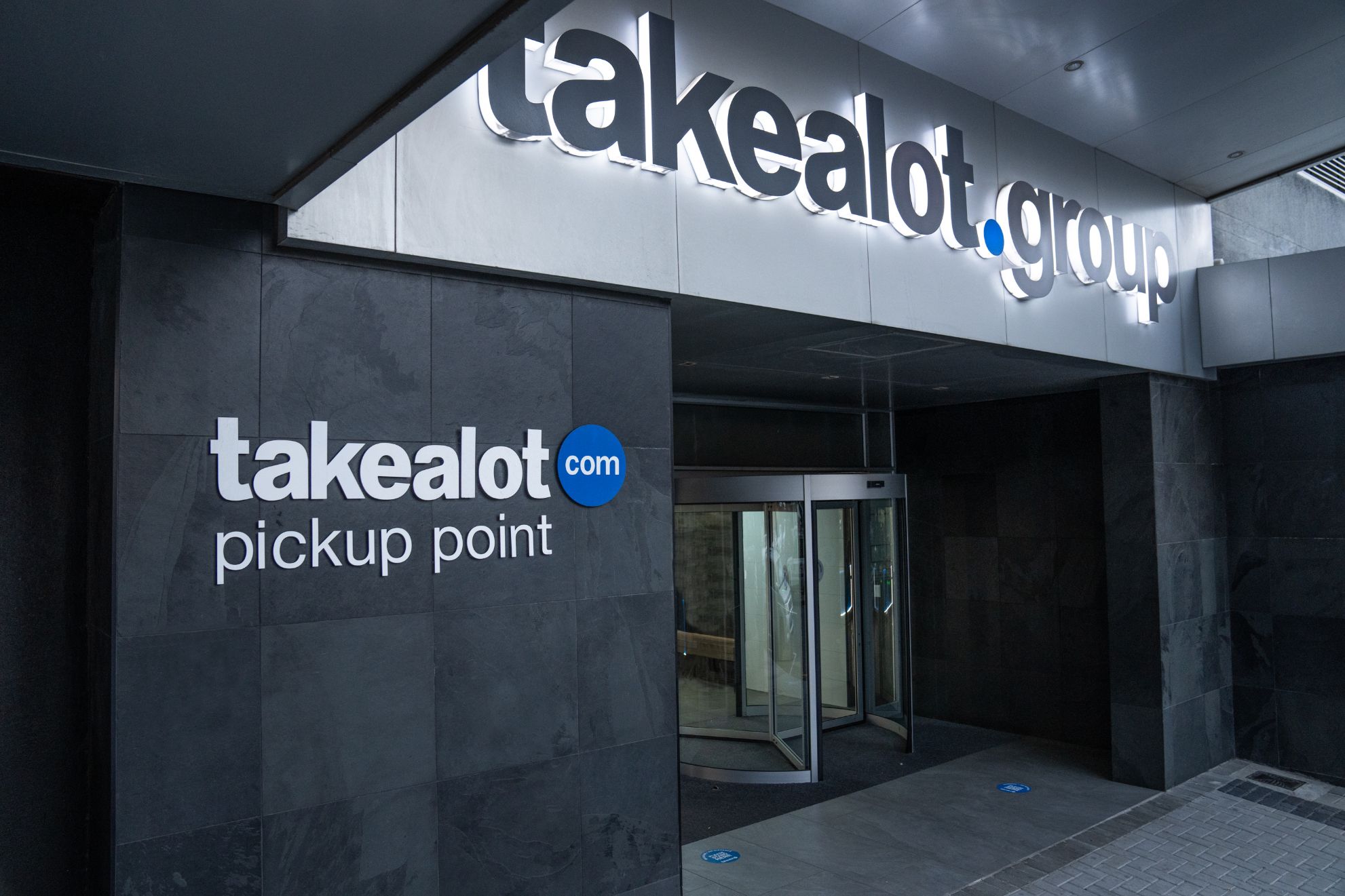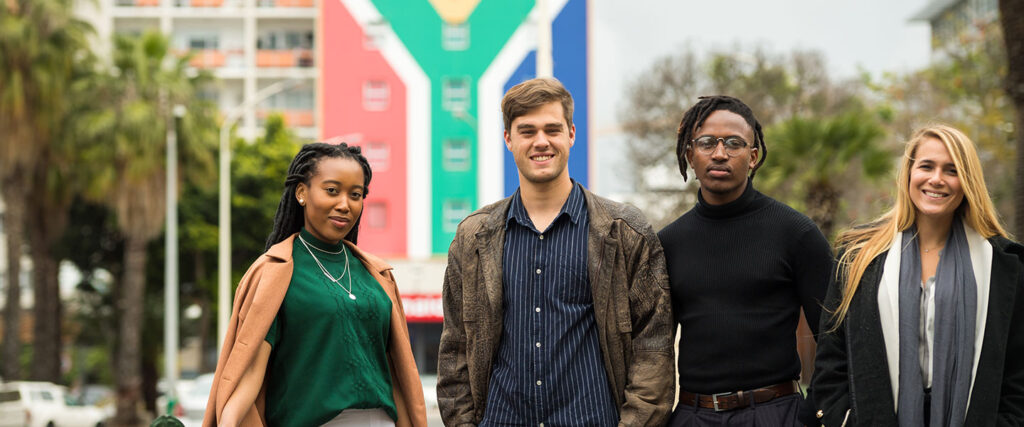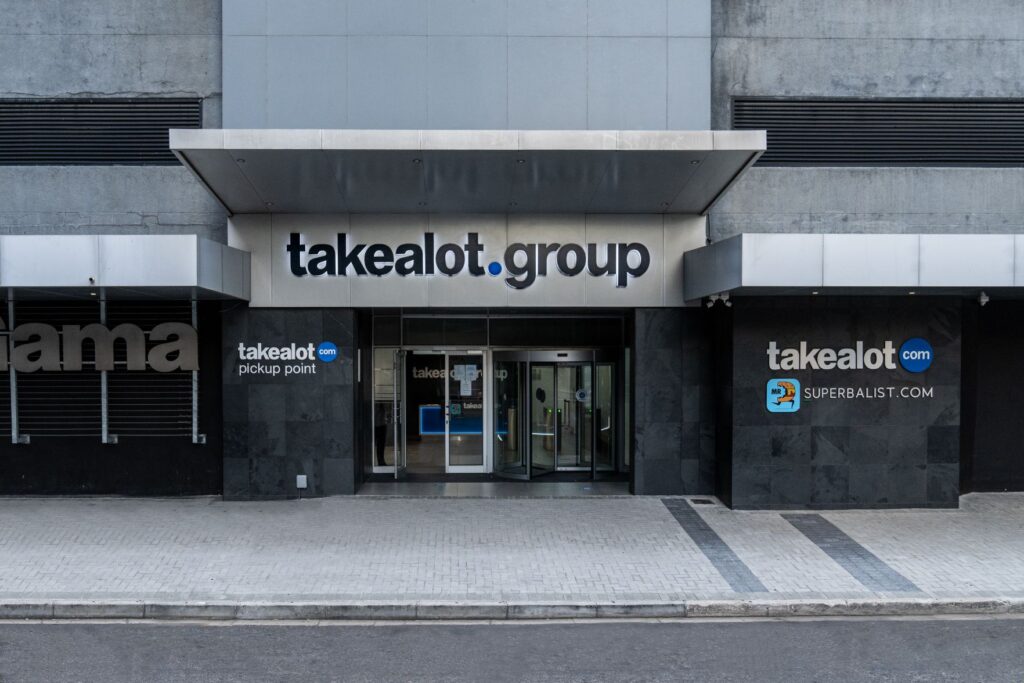The Takealot Group is a home-grown South African business, helping to champion our digital economy and increasing access to quality retail products and services countrywide. What strikes me most is the incredible focus truly putting customers first, and on helping thousands of small businesses and business partners to find an audience and grow in the formal economy, writes Takealot.Group Group CEO Mamongae Mahlare.
In October last year I formally took the reigns as Group CEO of Takealot.Group. Over the last nine months, I’ve had the chance to gain appreciation first-hand of what is an incredible, proudly South African home-grown business that stands head-and-shoulders with some of the best companies in the world.
We, South Africans, are a nation of people who see solutions, who believe innately that we can solve things and get things done. It’s a trait that defines us all. It is also a spirit I have seen every day in my time at Takealot.Group.
Takealot.com launched in 2011 at a time when very few South Africans made online purchases. In the decade since then, Takealot has championed a new opportunity for the broader retail sector. Acquiring Mr. D Food and Superbalist.com along the way, to form a Group that is helping to shape what it means to be a more digitally enabled, inclusive economy that allows people from all socioeconomic backgrounds to have equitable access to a varied marketplace.
Indeed, global online retail has grown rapidly in recent years. The convenience factor plays a big part in this growth, as does access to technology. But more than this, it is about a retail sector that is evolving to meet modern customer demand and requirements. In South Africa, with the rapid spread of smartphones, consumers have become more familiar and open to engaging digitally and using online platforms. As more people use the platforms, the service has grown and the retail category itself become more competitive. It’s the increasing adoption and enablement of these services at a scale that creates value for consumers, sellers, restaurants, and other partners; and is bringing the entire retail category (yes, even the traditional bricks and mortar stores) with it into the digital economy.
It is important to note that despite the growth in ecommerce over the years, it is still only a mere 4% of South Africa’s total retail market. It is still a very small emerging segment of the overall retail mix. The reality is, that e-commerce is far from a scaled offering in South Africa.
This means there’s still vast opportunity to grow – and in the process – opportunity to enable the creation of more jobs, increase market access for SMEs and more partners, and most importantly continue contributing to a South African digital economy that is inclusive.
Helping South Africans help themselves
One of the most remarkable things for me about our group is its focus on growing people and the ecosystem. It is an inherent appreciation that together we grow better, and it is a commitment we take seriously. This impacts the way we grow our own business alongside those we partner with on our platform. We only succeed when they succeed, leading to a synergy-driven business model that benefits our own employees, third-party sellers, restaurants, partners, consumers and our country’s economy.
It has been a deliberate choice to champion small business and build a vibrant ecosystem that contributes to making South Africa’s economy increasingly inclusive.
By the numbers, businesses within Takealot.Group are estimated to support over 33 000 jobs in South Africa. For every direct Takealot.Group employee, a further 10 jobs are supported across the digital economy value chain. That’s a very meaningful contribution in a country where jobs are such a significant concern.
This work takes various forms.
Delivery drivers, for instance, are a vital backbone of our business. During the pandemic, as more people shifted to purchasing online, delivery work became a critical failsafe for thousands of people who had suddenly lost their income. Since then, many of those drivers have progressed from semi-informal food delivery work to more structured deliveries. This has allowed many of our drivers to enter the formalised sector and generate meaningful income streams and other benefits – a business practice, acknowledged by independent watchdog, Fairworks.
Entrepreneurs have taken opportunity to become sellers on our Marketplace on Takealot.com. This allows entrepreneurs easy access to a large number of customers in a quick, simple and affordable manner. It enables them to develop and overcome some of the difficulties that come with establishing and scaling a business while finding a sustainable route to market.
Since we launched the Marketplace in 2014, we’ve seen our sellers grow from 120 to over 7000 – a number which reflects the empowering value of this platform and the impact being created on micro, small and medium sized (MSME) businesses. We also know the multiplier effect of this, because much-needed real job creation is going to come from this segment of the economy.
Among sellers, especially MSMEs, it is encouraging that many of these businesses are growing faster than their larger peers. This is the kind of spirit and solutions-thinking that helps more South Africans join the formal economy and make opportunities for themselves, including the many independent restaurants on Mr.D Food who now have access to customers outside of what traditionally be their immediate area. Today, Mr. D Food has over 10 000 restaurant partners, and have been actively expanding access and reach of the service to restaurants and consumers in more neighbourhoods including townships and towns.
Then there are our valued customers. Access is a very real South African reality. Did you know that you don’t need an official address to receive a Takealot.com delivery? By simply dropping a pin, customers across the country can receive their order. This is an exciting development, as its greatly enables us to deliver to markets that have historically been underserved. The stories of people in the most remote rural communities who were able to have something as basic as a fridge delivered directly to them has taken what for many is utilitarian and turned into something that has changed lives. We’re now seeing a growing share of our customers coming from lower income households in the rural areas across our country.
All of this impact and contribution is only possible because of the dedication of our employees, the commitment of our partners in the value chain and the loyal support of our customers.
A path to progress
Mostly the last 9 months have left me with the most immense sense of hope. I have seen first-hand, the story of South Africans working together to create something that impacts their own communities.
It impresses on me the significant opportunity e-commerce presents for our country and our collective efforts to address our economic challenges. We should enable businesses like Takealot.Group and the those in e-commerce and unlock their very evident contribution to creating jobs, creating growth opportunities for small and medium businesses; and the power to promote equitable access to quality services for all South Africans across most income levels and geographic locations. These platforms increase participation in the formal economy and diversify our economy into the digital economy in manner that is more inclusive.
We’re committed to this, and we are committed to playing our part.





